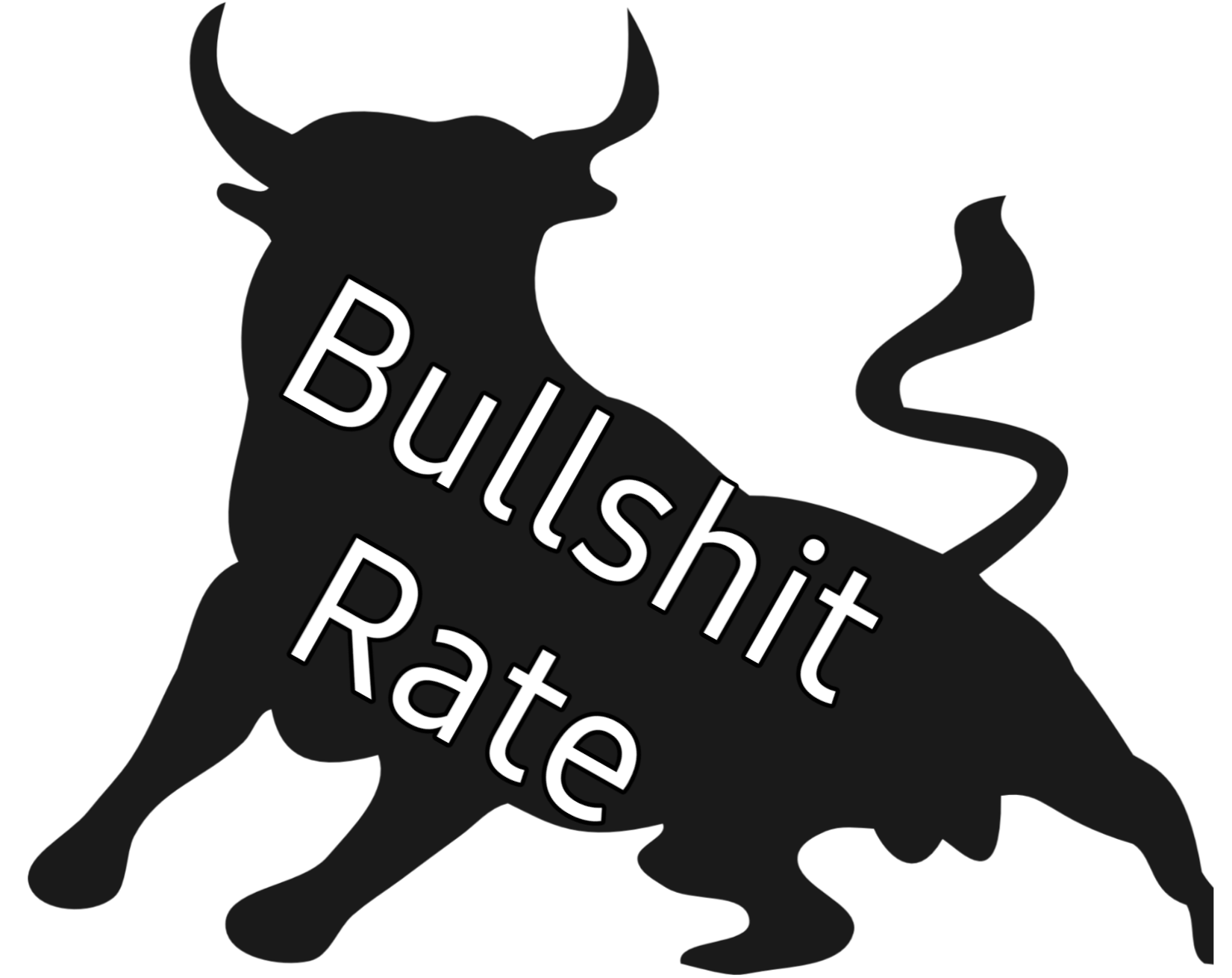I have two offers from two competing lenders. Both offers have exactly the same terms, except for the interest rate and payment. The offer with the lower payment has a higher interest rate. How is this possible?
In short, the lender with the higher payment and lower rate is lying to you. Since most commercial loan documents do not list interest rates, it is easy for the loan officer to lie to you about your APR. There are a few common math tricks that lenders use to try and fool you because they think you are not smart enough to figure out the real rate. This is extremely disrespectful to you. Obviously, in this scenario you should choose the loan with the lower payment, not the one with the supposedly lower rate.
Is the Interest rate more important than the payment?
Business owners’ egos often get caught up in the interest rates. Obviously, you should always take the lowest TRUE INTEREST RATE available. BUT: If you are deciding whether to buy new equipment based on the interest rate, you are letting your ego make your decision, instead of your intellect.
Why is this the case? Imagine the following scenario:
A contractor needs to buy tools to work on a contract with his client. The contract pays $8,000 per month. The tools he needs to work the job cost $10,000, but the only loan he can get has an annual rate of 180%. Should he take a loan at such a ridiculously high rate? The answer is: Yes!
Let’s look at the math. At the crazy APR of 180% the $10,000 loan will cost around $1,500 per month for three years. This means that over the three year period, the contractor will pay out about $54,000 on this loan. Crazy, right? But: If the contract pays $8,000 per month, this means that over the same three year period the contract will pay out $288,000. So the real question is: Do you want to spend $54,000 to get $288,000? Of course, the answer is: Yes!
This is why interest rates are irrelevant for businesses. You need to determine if taking out the loan makes your company stronger or weaker. At the end of the day, what matters most is how much money you made, not the rate on your loan.
Some of the worst business decisions are made by people who just want their interest rates to be lower than their friends’ interest rates. Don’t let this be you.
THE LENDER REFUSED TO GIVE ME AN INTEREST RATE AT THE TIME OF MY APPLICATION. HOW CAN I SHOP FOR THE BEST INTEREST RATE?Lender refused to give me an interest rate at the time of my application. How can I shop the best interst rate?
A lender has to calculate your risk factors before they can provide you with an accurate estimate of your final interest rate. If a loan officer gives you a rate prior to underwriting your file, this is just a wild guess used to placate you and will often have nothing to do with the rate you will eventually get. It may even be fair to say that if a loan officer gives you an interest rate prior to underwriting your loan, it may be a good idea to go elsewhere, unless you enjoy being tricked.
This is true even if you provide an accurate estimate of your FICO score to your loan officer. Commercial financing depends on a lot more than just your credit score. For example, your time in business will often make a bigger impact on your eventual interest rate.
IF THE LENDER GAVE ME A BULLSHIT RATE, SHOULD I CLOSE MY LOAN WITH THEM?
You should not. It is simply too much of a risk to sign papers with a lender that already lied to you. There can be many tricky clauses in loan contracts that the lender can use to swindle you. How would you like to pay on a loan for years and then find out that you don’t own the equipment at the end of the term??? If the lender has already proven to be untrustworthy, you obviously cannot trust them.
WHY DO ALL MY BUSINESS LOANS GET APPROVED AT SUCH HIGH INTEREST RATES?
Assuming that your lender is trustworthy, your rate should be the rate you earned based on your overall risk factor. Banks and credit unions typically turn down any business that presents a default risk of more than 5% per year. This is why banks advertise interest rates in the single digits. The catch is: Most businesses simply get denied because their risk factors are too high to get the attractive advertised rates. If your rate is high, it just means that your risk factor is high.
